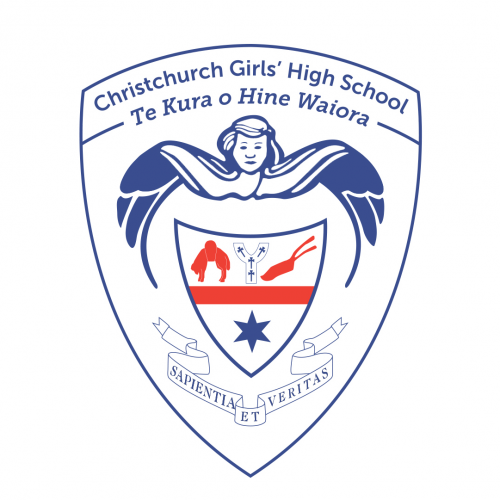
Principal's Message
Tēnā koutou e te whānau
We have been celebrating Te wiki o te reo Māori and it has been fantastic seeing initiatives in the school and across Aotearoa using the language. More and more Kiwis are incorporating te reo in daily life and giving it a go. It is not easy learning a new language but great things grow from small beginnings. Language is the life blood of culture and access to the heart of another person is through understanding that person’s world view and context. We often think our world view is the world view of others and cannot see outside our own assumptions.
I was thinking about the Parihaka story which is a story of imprisonment and confiscation of Māori land in Taranaki. At dawn on 5 November 1881, colonial forces undertook a military assault to take the village, dispersing over 1600 inhabitants without food or shelter, looting and destroying the village and seizing land. Parihaka’s crime was to have been the centre of significant non-violent resistance to European confiscation of Māori land. Over 400 Māori were imprisoned without trial as the Grey government stepped up confiscation of land for distribution to European settlers.
The village had been founded by Te Whiti o Rongomai and Tohu Kākahi who led and were the heroes of the passive resistance movement. In a major 1996 report, the Waitangi Tribunal said that at Parihaka “A vibrant and productive Māori community was destroyed and total State control of all matters Māori, with full power over the Māori social order, was sought.”
Te Whitu and Tohu strongly influenced Mahatma Gandhi who is known globally for leading political change in India through passive resistance. Gandhi said about education that it was the means to attain moral progress and social equilibrium. By education he asserted “I mean an all-round drawing out of the best in child and adult – body, mind and spirit”.
In “Culture Speaks” a book of narrative voices arising out of the Te Kotahitanga project in the Waikato, gathered over ten years, researching the impact of our education system on Māori and Māori aspirations for education, a member of the whānau says:
“They need whanaungatanga. Teachers need to get to know these kids. Get to know who they are and where they come from. Some teachers are more interested in what their subjects are, you know, what they have to teach, than they are in their students. Our kids want to get to know that person up front before they are ready to begin their learning. And that’s a two way thing, building better relationships.”
That journey of thinking from Parihaka to Gandhi to Russell Bishop and Te Kotahitanga is linked by a common thread. How do we build a strong peaceful and mutual society where we respect the mana of the other and build equitable social relationships where all can flourish? Education plays a critical role in that and, directly after the family, is the second most formative influence in a young person’s life. That is our responsibility here and it has to be as equitable and empowering experience for Māori as it is for all others. That’s for us to think on in Te wiki o te reo Māori.
Ngā mihi nui
Christine O’Neill
